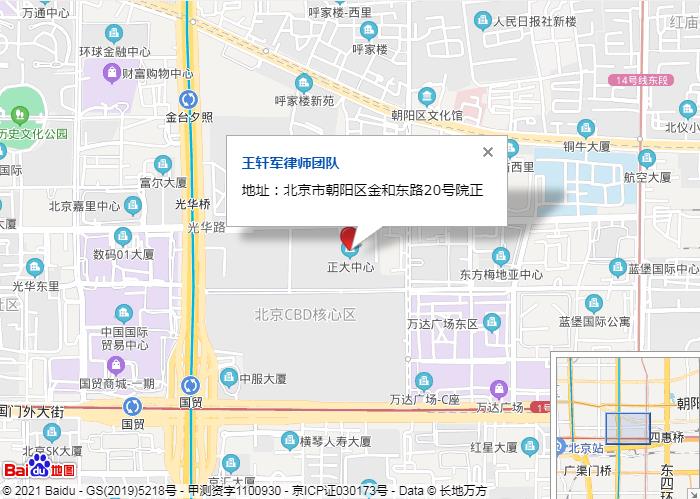
王轩军
在国际商事合同的签署、履行等活动中,不可避免的会遇到声明、要求、请求或任何其他意思表述的通知的情形。那么通知应是到达被通知人时生效还是通知人发送时生效内? 根据国际商事合同通则2016第1.10条第(2)(3)款及注释3和4等规定,通知以到达主义为原则,即通知以到达被通知人时生效为原则,但在当事人明确约定适用投递主义,即明确约定通知在发送时生效的情况下,不适用到达主义原则。这在适用到达主义原则对通知人不公平时,更应适用投递主义原则。例如,在一方当事人(即违约方)实际不履行或预期不履行的情况卜,另一方(即非违约方也是通知人)为保护自己的权利只得对违约方发出通知时,应适用投递主义原则,不应适用到达主义原则。因为此时要求通知人承担信息在传递中发生的丢失、错误或延误的风险对通知人是不公平的。如考虑到在国际层面上证明通知有效到达所具有的特殊困难,那么此时适用投邮主义原则就更为合适。
在这里,特别应注意的是,对于到达主义来讲,如何准确界定何时“到达”收件人很重要。为了界定这一概念,本条第(3)款对口头和其他形式的通知作了区分。如果口头通知是由发出人亲自向收件人或收件人授权接收的其他人作出,则视为到达。其他形式的通知只要一经送到收件人或其营业地或(电子)通信地址,即视为到达。特定的通知无须送到收件人手中或者被收件人实际阅读,只要通知交给收件人授权接受的雇员,或是放进收件人的信箱,或由收件人的传真机、电传机接收,或者,在电子通信的情况下,在收件人指定的电子地址能够被收件人检取之时即已充分到达。关于电子通信到达情形,可以参见《》第10条第(2)款。
通则第1.10条第(2)(3)款及注释3和4的英文原文如下:
ARTICLE 1.10
(Notice)
(2) A notice is effective when it reaches the person to whom it is given.
(3) For the purpose of paragraph (2) a notice “reaches” a person when given to that
person orally or delivered at that person’s place of business or mailing address.
COMMENT
3. Dispatch principle to be expressly stipulated
The parties are of course always free expressly to stipulate the application of the dispatch principle. This may be appropriate in particular with respect to the notice a party has to give in order to preserve its rights in cases of the other party’s actual or anticipated non-performance when it would not be fair to place the risk of loss, mistake or delay in the transmission of the message on the former. This is all the more true if the difficulties which may arise at international level in proving effective receipt of a notice are borne in mind.
COMMENT
4. “Reaches”
It is important in relation to the receipt principle to determine precisely when the communications in question “reach” the addressee. In an attempt to define the concept, paragraph (3) of this Article draws a distinction between oral and other communications. The former “reach” the addressee if they are made personally to it or to another person authorised by it to receive them. The latter “reach” the addressee as soon as they are delivered either to the addressee personally or to its place of business or (electronic) mailing address. The particular communication in question need not come into the hands of the addressee or actually be read by the addressee. It is sufficient that it be handed over to an employee of the addressee authorised to accept it, or that it be placed in the addressee’s mailbox, or received by the addressee’s fax or telex machine, or, in the case of electronic communications when it becomes capable of being retrieved by the addressee at an electronic address designated by the addressee (see Article 10(2) of the 2005 United Nations Convention on the Use of Electronic Communications in International Contracts).
